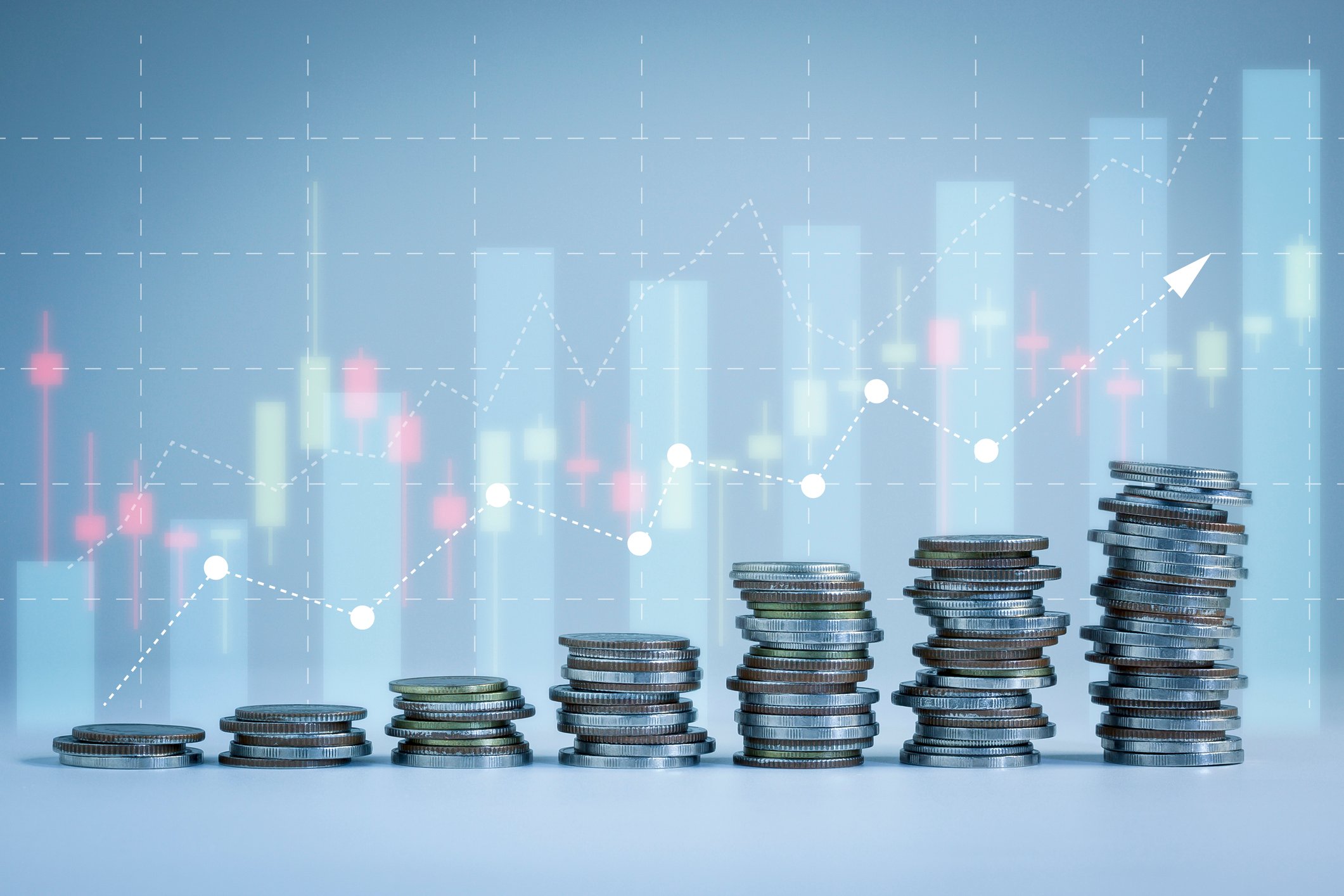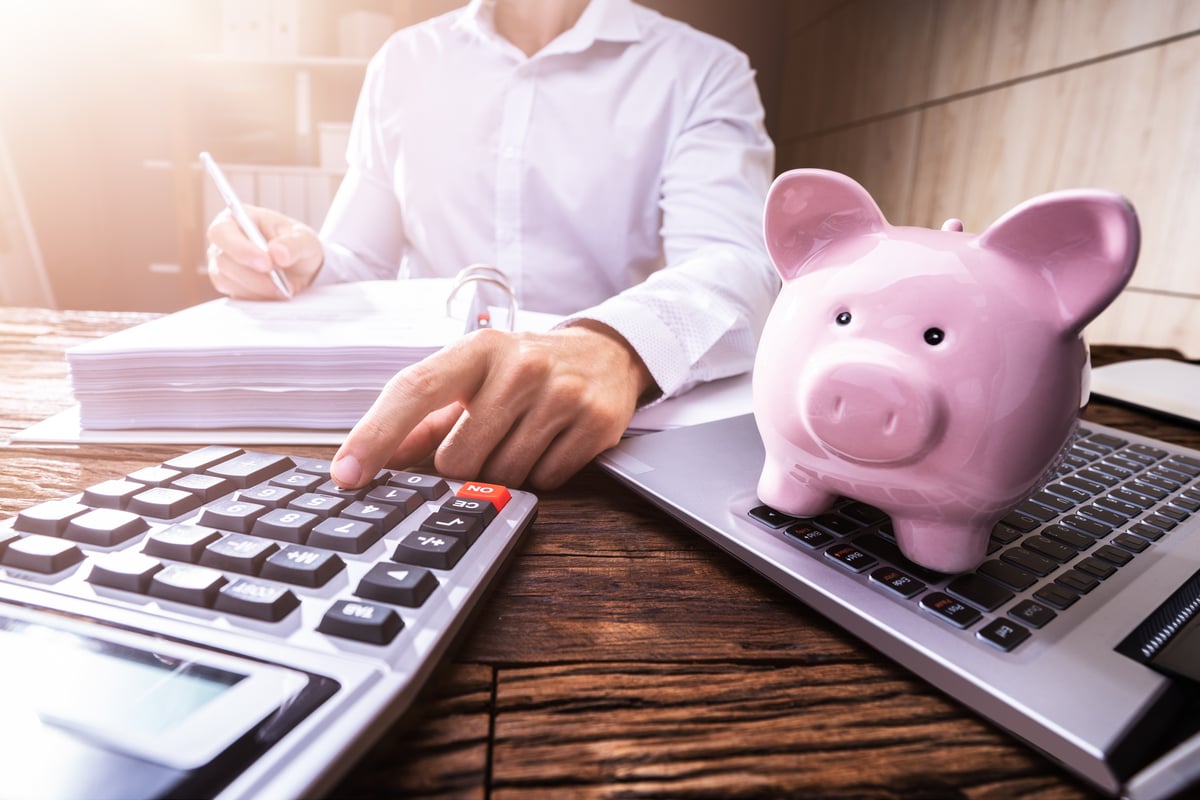
What: Shares of Kinder Morgan (KMI 0.33%) jumped as much as 11% by 11:00 a.m. EST on Wednesday. Fueling all of the buying activity was none other than the Oracle of Omaha after it was revealed that Berkshire Hathaway bought a small position in the company. He was one of three well-known investors to recently take a stake in the pipeline company.
So what: According to a recent federal securities filing, Warren Buffett's company bought 25.5 million shares of Kinder Morgan during the fourth quarter, which at current prices is worth more than $400 million. While that's not a major investment for him, it is a signal that he sees some real value. Further, Buffett wasn't alone in buying Kinder Morgan last quarter, as 13-F filings from George Soros and David Tepper revealed that both hedge fund managers were buying stock in the pipeline giant last quarter. Tepper bought 9.4 million shares, while Soros bought 50,700 shares.
The big news, however, is Buffett's involvement, given his penchant for buying companies with strong economic moats. Kinder Morgan certainly fits that bill because its strong portfolio of primarily fee-based assets generate boatloads of consistent cash flow. In fact, despite the carnage in the energy sector, Kinder Morgan expects to generate $4.7 billion in cash flow this year, which is roughly what it produced in 2015 and 2014.
That consistency, however, went on sale at the end of last year after investors started to worry about the impact of the energy market downturn on Kinder Morgan's access to capital. The company answered those questions by reducing its dividend so that it no longer needed to access the capital market to fund its growth.
Now what: Having Warren Buffett's endorsement is certainly noteworthy, because he clearly sees value. Not only that, but he sees a company that generates rock-solid cash flow in good times and bad, which it is now redirecting toward growth instead of investor payouts. With KInder Morgan's funding concerns addressed, Buffett and other well-known investors took advantage of the company's sell-off to invest for the long haul.






